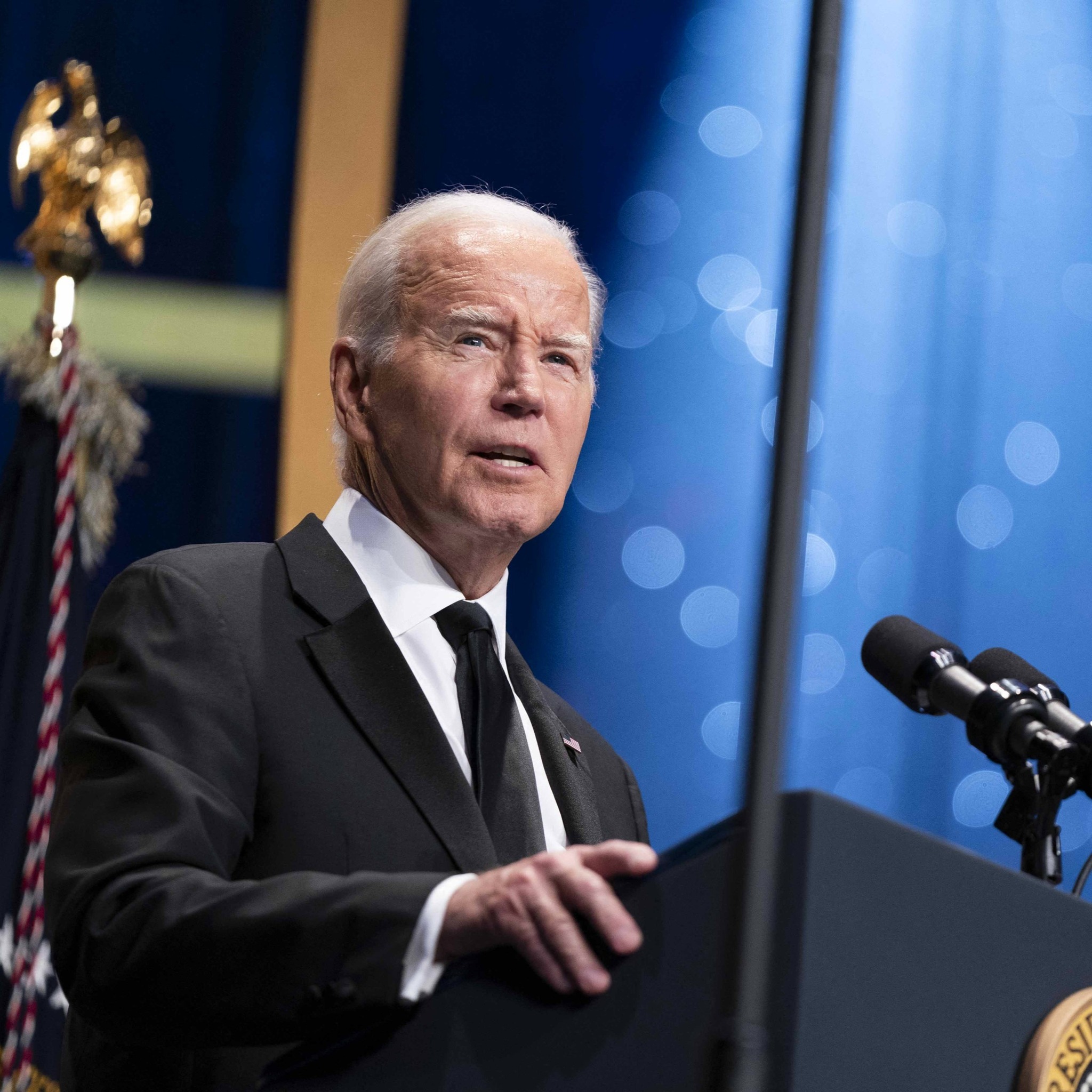U.S President Joe Biden has offered US$40bn in economic aid to Pacific islands at a White House meeting with leaders from the region aimed at bolstering U.S engagement in the face of growing a growing Chinese presence.
The president also announced formal U.S recognition of two new island nations, the Cook Islands and Niue, at the start of the Pacific Islands Forum, two days of Washington meetings with leaders from the group’s 18 members.
“The United States committed to ensuring an Indo-Pacific region that is free, open, prosperous and secure. We’re committed to working with all the nations around this table to achieve that goal,” Biden said at the forum’s welcoming ceremony.
The visiting leaders having been feted by the administration, brought down from New York where most attended the UN general assembly, on a special train to Baltimore where they were take to an American football game at the Baltimore Ravens’ stadium. There they were brought out on field and celebrated for “for their roles as American friends in the Indo-Pacific”.
The Pacific leaders were also taken onboard a U.S Coast Guard cutter in Baltimore Harbour and they were briefed by the Coast Guard commandant, Adm Linda Fagan, on operations to combat illegal fishing and manage maritime domains. Over the next two days they will meet top members of the administration. The secretary of state, Antony Blinken, and ambassador to the UN, Linda Thomas-Greenfield will host a dinner for the visitors on Monday night, and on the second night, the Australian embassy will host a barbecue.
“I think what the Biden administration has been able to do is to step up our game considerably in a short period of time in the Indo-Pacific,” a senior administration official said. “We have deep moral, strategic and historic interests here. And I think we’re reaffirming that promise.”
However, the U.S charm offensive, aimed at clawing back influence in the region from China, suffered a setback before it started, with the announcement by the Solomon Islands prime minister, Manasseh Sogavare, now closely aligned with Beijing, that he would not attend.
“I think it’d be fair to say that the United States is disappointed” in Sogavare’s decision, a senior administration official said.
Sogavare went home over the weekend after attending the UN general assembly. He refused to sign on to a U.S-Pacific partnership agreement last year, but did sign a security agreement with China last year, and agreed to increase cooperation on law enforcement and security matters.
The prime minister of Vanuatu, Sato Kilman, did not attend as he had to return to face a parliamentary vote of no confidence.
Part of the economic infrastructure aid Biden is offering, includes secure undersea cable connectivity to Pacific Island nations. However, the funding plans have to be submitted to Congress, where Republicans are threatening to shut down government in a standoff over spending.
As well as recognition for the Cook Islands and Niue, the administration has opened two new embassies in the Solomon Islands and Tonga. A USAid regional mission in Fiji and a U.S embassy in Vanuatu are planned for early next year in an effort to make up for decades of diplomatic neglect, as the Pacific becomes the focus of strategic competition with China.
The Pacific leaders were expected to push for more support for climate change among other matters at the talks, and were due to meet the U.S climate envoy, John Kerry, on Monday.
Biden hosted a first summit with 14 Pacific island nations a year ago at which his administration promised to work harder with allies and partners to address their needs.
There was “no question that there is some role that the PRC [China] has played in all this … its assertiveness and influence, including in this region, has been a factor that requires us to sustain our strategic focus,” AFP reported, citing a senior White House official on condition of anonymity.
Dr Meg Keen, director of the Pacific Islands program at the Lowy Institute, described the summit as “historic”, and it comes after Biden pulled out of a visit to Papua New Guinea earlier this year to focus on debt ceiling negotiations.
“Given there has been a long absence, the U.S has been working quite quickly to make up lost ground,” Keen said.
“They have got back into the region. The region is waiting to see if the big commitments are going to be delivered.”
During the 2022 summit the US announced more than US$800m in assistance to island states. The White House said in a statement this year’s summit would reaffirm the US commitment to shared regional priorities and cooperation on key issues including climate change and maritime security.
Tonga’s prime minister, Siaosi Sovaleni, told reporters the upcoming meeting was “an opportunity for us to share our concerns”.
In a high-level meeting in New York last week ahead of the summit, Sovaleni said Tonga’s top priorities were climate change and oceans, and that he would seek new investors to support these challenges.
“The urgency for change is evident,” Sovaleni said.
Sovaleni is expected to discuss how the U.S can support better access to climate finance and improved oceans security and management.
The secretary-general of the Pacific Islands Forum, Henry Puna, told an event in New York last week that he hoped the summit would bring concrete actions on issues including climate change.
Puna said the Pacific island region had gone from a period of strategic neglect a decade ago to become a subject of strategic interest, competition and “manipulation” today – a reference to the geopolitical rivalry for influence in the region between the U.S and China.
SOURCE: THE GUARDIAN/PACNEWS














